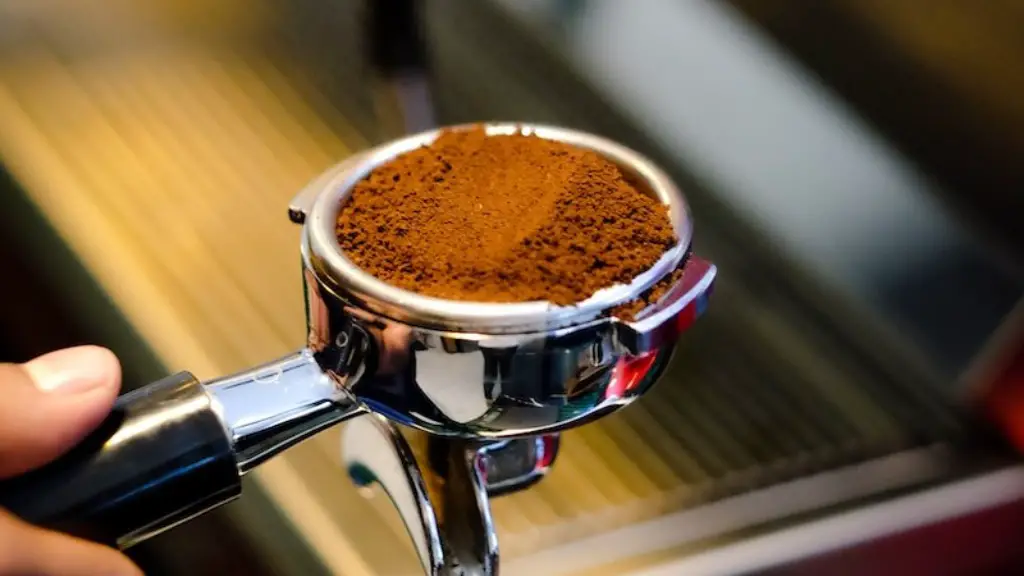Overview
Post-surgical wisdom teeth removal often necessitates a request from your dentist or orthodontist to avoid drinking coffee. This is because coffee has high levels of caffeine, which works as a diuretic and can lead to dehydration. Other beverages such as carbonated drinks, as well as alcoholic drinks should also be avoided following surgery as they can cause further dehydration, as well as heighten the risk of infection.
Cause and Effects of Drinking Coffee After Wisdom Teeth Removal
When you’ve had your wisdom teeth surgically removed, a period of rest and recovery is required. During this time, it’s important to remain hydrated and this is where coffee can become difficult. Coffee contains diuretics, which in turn increase your need to urinate; leading to a depletion of bodily fluids and dehydration.
Post-surgical dehydration can be a serious problem, so it is encouraged that for at least the first 24 hours after wisdom teeth removal, you should skip coffee or any other caffeinated beverages. It’s even recommended that for the first five days you should avoid all beverages that contain alcohol or carbonation, such as beer and soda.
Dehydration can cause increased inflammation, so it is important to keep your body hydrated to avoid potential side effects of your surgery. By avoiding coffee and other beverages, you can minimize the risk of delaying the healing process and reduce swelling.
Alternatives to Coffee
Drinking plenty of water is the best way to stay hydrated; however, if you are looking to flavour your water then some herbal teas can provide a soothing and non-caffeinated alternative. Non-caffeinated herbal teas such as raspberry leaf, chamomile, and ginger are packed with antioxidants that can help restore your energy levels and fluids for the duration of your recovery.
For those looking for a caffeinated alternative, decaf coffee can be a good substitute. Decaf coffee does contain some caffeine, but generally in insignificant amounts; about 0.4mg per cup compared to a regular cup of 85mg.
When is it Safe to Drink Coffee After Wisdom Teeth Removal?
Your dentist or orthodontist will provide you with advise on when it is safe to resume drinking coffee after wisdom teeth removal. Generally, you may be able to enjoy a cup of coffee around 48 hours after the surgery. This is providing you have the full approval of your medical professional and that there are no complications of the surgery.
It is recommended that in the first 24 hours, you should focus on replenishing and restoring your fluids levels with water. After this you can slowly reintroduce other beverages and foods into your diet, such as soft raw fruits and vegetables to aid the recovery process.
Prevention
It is important to visit your dentist or orthodontist for a full mouth assessment at least twice a year. This will not only help to identify any underlying dental issues, such as wisdom teeth emerging, but ensure that your oral hygiene is kept in check.
For those looking to prevent or delay wisdom teeth removal, there are some simple measures that you can take. Brushing your teeth at least twice a day and flossing will help to ensure that bacteria don’t build up around your teeth and gums. You can also eat foods such as fruits, vegetables, and nuts; these are all packed with essential vitamins needed for a healthy and balanced diet.
Surgery Preparation and Aftercare
It is important to prepare yourself and your home for a wisdom teeth removal surgery. We recommend that you plan your day off and have someone accompany you to and from the surgery, in case you are drowsy when the anaesthesia wears off.
We also recommend that you keep some soft foods, icepacks and medications at home, in order to make the recovery process more bearable. Having paracetamol and ibuprofen prepared in advance is also highly recommended to help with reducing swelling and tenderness.
Managing Pain and Discomfort
It is normal to experience some pain and sensitivity after dental surgery. The best way to manage this is to ensure that you are taking your medications as prescribed. You can also use an icepack or a warm compress for areas that are tender or uncomfortable.
If the pain or sensitivity does not go away with medication or a warm compress, it is advisable to contact your dentist or orthodontist as soon as possible in order to seek further advice.
Conclusion of Treatment
Once the recovery process is complete and you have received the approval of your dentist or orthodontist, you can resume drinking coffee and other caffeinated beverages. Just take into consideration that you may experience some sensitivity in the recovery process and make sure to treat your diet with caution.
We recommend you continue your regular dental hygiene routine, to ensure that your teeth and gums stay healthy and strong. This includes brushing your teeth twice daily, flossing and eat foods that can help keep your dental health in good condition.


